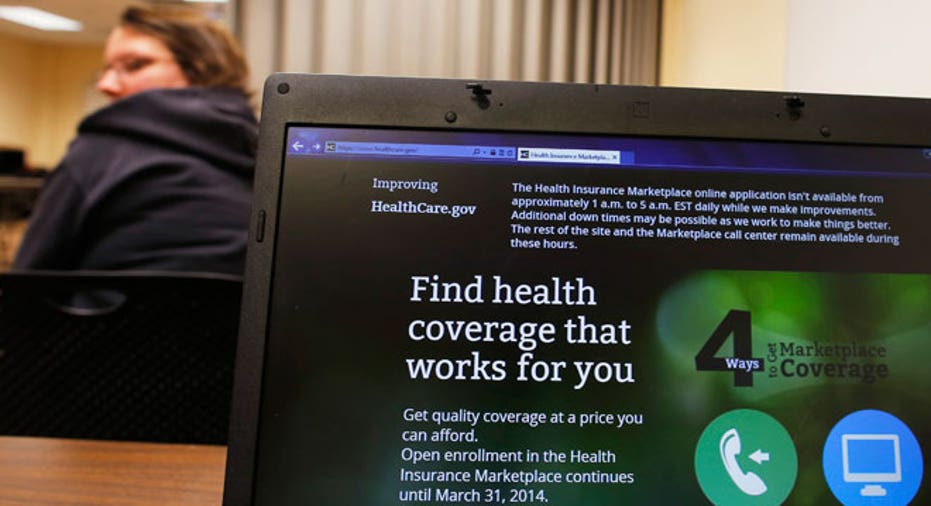South Carolina Senators Rally Behind Anti-ObamaCare Bill

Republican state senators in South Carolina led a rally on the steps of the state house Tuesday in support of a bill that would all but nullify ObamaCare in the Palmetto State.
Hundreds of people turned out despite the rain, according to Sens. Lee Bright and Tom Davis to help push momentum for the bill which passed the House in June. The bill will be up for a special vote within the next few weeks, Davis says.
“The Affordable Care Act is a terrible piece of legislation,” Davis says. “It is ill-conceived and is having a damaging impact on the U.S. economy. It’s making things more difficult for health-care providers. What we can do, as a state, is slow down the implementation until Congress can repeal it.”
The “South Carolina Freedom of Health Care Protection Act,” was sponsored by Rep. William Chumley in the House and Davis, who is also chair of a special committee investigating the constitutionality of the bill in its current form, in the Senate.
The U.S. Supreme Court upheld the constitutionality of the Affordable Care Act in June 2012, but Davis says states can still continue to push back against certain aspects of it.
He cites the “anti-commandeering doctrine” which was upheld by the Supreme Court in 1997 that says the federal government cannot direct states to use their funding to carry out federal laws.
“States aren’t subdivisions to help you [the federal government] carry out your law,” he says. “In addition, the bill says no state subdivision will apply for grants or accept federal money or let you use our personnel, to implement the law.”
South Carolina has also declined to create a state-run health-care exchange, so Davis argues that taxpayer cash within the state cannot be used to subsidize the cost of care for those purchasing coverage via federal exchanges.
Under the ACA, every individual in the country must have insurance by April 1 or they will face a penalty of $95, or 1% of their annual income for failing to comply with the law. Those fines will help to pay for the cost of subsidized care via state and federal exchanges.
Davis’ bill declines to expand Medicaid within the state, which would have the potential to bring South Carolina’s pool of Medicaid participants to 1.6 million from 1.1 million, out of 4.6 million residents in the state.
“To have 1.6 million people on federal Medicaid would be a disastrous policy for our state,” Davis says. “The house of cards in D.C. will collapse, and the deficits will come home to roost. And when Congress has to get fiscally sane, money coming down will be the first thing they stop.”
Bright says if the bill passes, it will slow government meddling into South Carolina residents’ lives.
“As a state, we have to stand against this—the federal government has gotten so intrusive in our lives,” he says. “Senators have to take a stand now, because if people don’t act, the legislature wouldn’t move.”
He says Chumley has received calls from other state lawmakers inquiring about the fate of the bill.
And Davis says he feels confident the bill will move forward, and serve as a model for other states. “I look forward to making my case, and feel strongly it will pass,” he says.



















